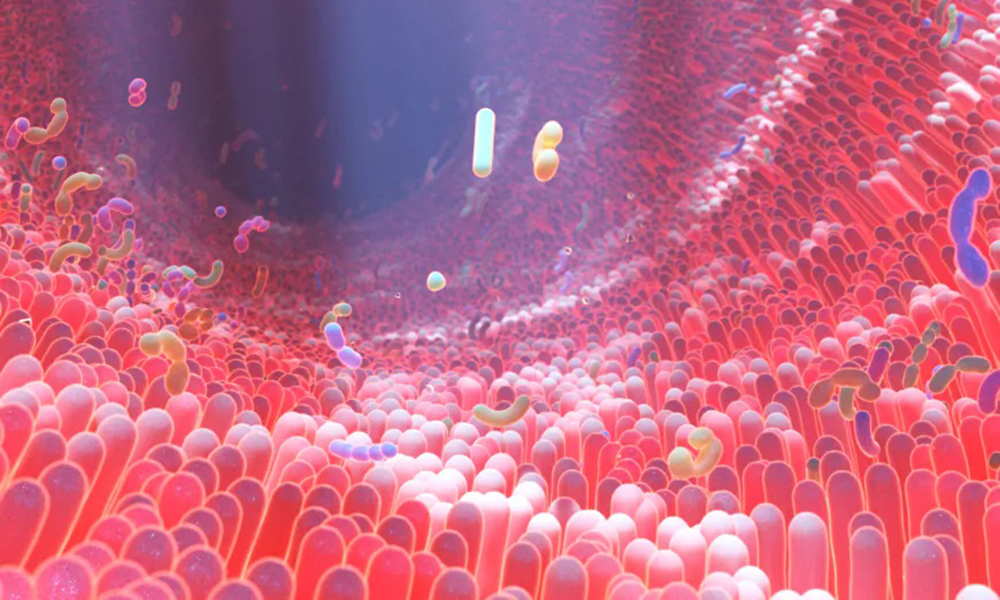|
Getting your Trinity Audio player ready...
|
By: Michelle Standlee
Can a tiny world of bacteria, fungi, viruses, and other microorganisms hold greater significance than we think when it comes to mental health?
Yes, according to Hippocrates, who said, “All disease begins in the gut” approximately 2,500 years ago. But the idea that the gut is closely connected to overall health, especially mental health, rings true according to modern research as well.
Mindful Microbiome: The Scientific Consensus
Current research, including a 2019 study published in the American Physiological Society Journal, reveals a complex, captivating relationship between our microbiome—the vast array of microorganisms inside us—and the intricate network called the gut-brain axis.
In a 2016 Cell article, scientists highlighted that the last two decades have seen a surge of studies uncovering the significant influence of microbiota on the physiology and metabolism of multicellular organisms, and its implications for health and disease.
The gut microbiome impacts mental health by producing neurotransmitters, influencing the immune system and emotional resilience. This sophisticated communication system is like a superhighway that involves both biochemical and nervous system pathways, running in two directions and connecting the brain and gut.
“The science behind this is solid,” Shawn Talbott, who holds a doctorate in nutritional biochemistry, told The Epoch Times. “We’ve known for over 100 years that there are bacteria in the gut, but the reason this is exploding is now we can measure the microbiome at a level of sensitivity that we couldn’t 10 years ago,” said Mr. Talbott, who has studied stress resilience and the microbiome for the past 20 years. At one point, scientists even thought that bacterial cells in the body outnumbered human cells 10-fold, but newer research has suggested the ratio might be closer to 1:1. In other words, close to half of the human body is not human, it’s bacteria.
What Makes the Gut Your ‘Second Brain’?
While the gut does produce a considerable amount of serotonin, dopamine, and gamma-aminobutyric acid (GABA), key neurotransmitters involved in feelings of happiness, motivation, and relaxation, respectively, the topic remains an active area of investigation. Serotonin, in particular, has been a neurotransmitter of focus for some time. A 2020 study published in the Advances in Nutrition journal shows over 90 percent of serotonin is located in the gastrointestinal tract.
“How you feel is not just in your head; it’s also in your gut,” Mr. Talbott said. “All of those neurotransmitters are made in the gut, so if you want to feel your best, you have to think of the gut first. Instead of being the second brain, we think of it as the first brain because it’s determining what’s happening in the head brain.”
Emerging science suggests the microbiome profoundly influences the immune system, with significant implications for mental health.
Imbalances in the microbiome, also known as dysbiosis, can trigger inflammation, linked to various psychiatric disorders, including bipolar disorder and schizophrenia.
The relationship between the microbiome, gut, and brain also plays a crucial role in regulating emotions and responding to stress. Recent studies have shown that mice raised in a sterile environment with no bacteria exposure exhibited altered stress responses and anxious behaviors. These findings indicate that exposure to diverse beneficial bacteria may establish a strong foundation for emotional resilience throughout life.
Science shines a light on the importance of microbial diversity, as studies reveal that greater diversity is associated with improved mental health.




